Tragedy struck in New Zealand this week when 50 people were killed in mass shootings at two mosques full of worshippers in the city of Christchurch.
The shooter, an Australian white supremacist, was arrested and charged with murder, and New Zealand's media called these atrocities what they are: terrorist attacks.
But many, including U.S. President Donald Trump, have pushed back against the "white supremacist" label even though the shooter published a manifesto online that espouses white nationalist and anti-Muslim rhetoric.
In a powerful Twitter thread, New York Times contributor Wajahat Ali explained rather succinctly how the white nationalist ideology cultivates tragedy once adopted by "angry, disaffected men."
"If the shooter's manifesto and social media feed are accurate, he was inspired by a right wing ideological infrastructure that thrives, recruits and radicalizes online," he began.
As Ali points out, the shooter was inspired by Anders Breivik, the Norwegian mass murderer who in 2012 was convicted of mass murder, causing a fatal explosion and terrorism in attacks that killed 77 people.
Much like Breivik and other white nationalists, the shooter cast himself as "a hero, a martyr, the one brave enough to do what others can't to save 'Western' civilization":
The shooter's modus operandi also bears similarities to that of Alexandre Bissonnette, the Quebec mosque shooter who killed six people last year...
...as well as the white supremacist who killed 11 Jewish worshippers at the Tree of Life Synagogue shooter in 2018 who sought to punish "filthy evil Jews" for bringing in "filthy evil Muslims."
Ali then makes a salient point when he says that "the underlining ideology anchoring all of this is White supremacy and their main fear is 'replacement."
This is a mantra parroted by Iowa Congressman Steve King...
...as well as President Trump's former chief adviser Steve Bannon.
"We are dealing with angry, disaffected men, mostly White, who find purpose & community with these extremist groups who give them a hero's narrative through violent ideology of White supremacy," Ali says.
Ali concludes his remarks by reminding us to "Take this extremist ideology and terror threat seriously."
"Look out for each other," he says. "Love each other."
Ali's thread struck a chord with many who've been affected by the news.
Shortly after the attacks, New Zealand's Prime Minister Jacinda Ardern said the attacks represented "an extraordinary and unprecedented act of violence."
"It is clear that this can now only be described as a terrorist attack," Ardern said.
Ardern later took to Twitter to remind citizens that "many of those affected" are members of the nation's migrant communities.
"New Zealand is their home – they are us," she said.
It's really that simple.

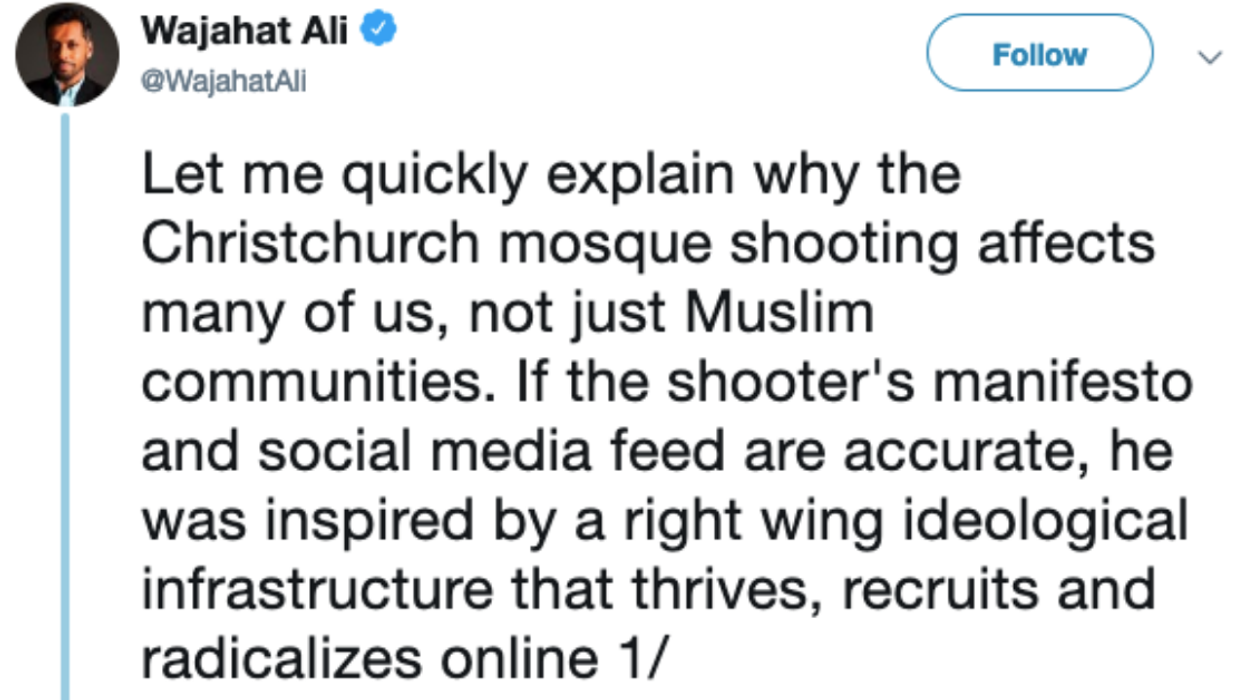


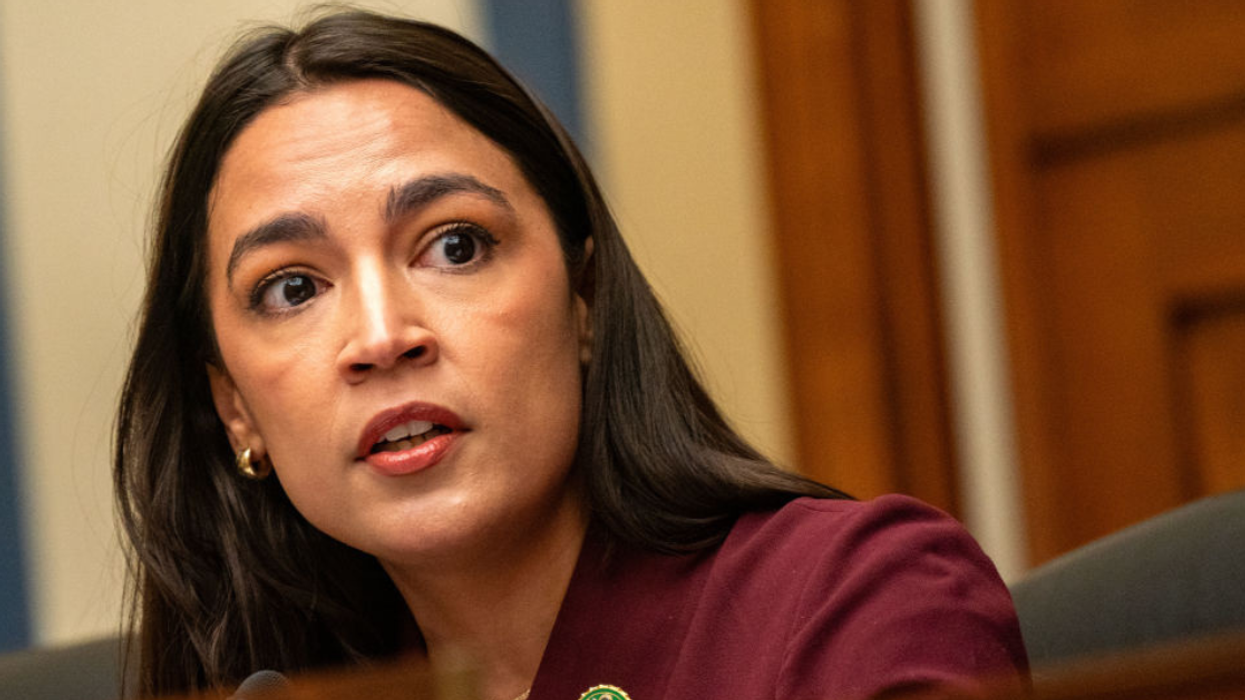

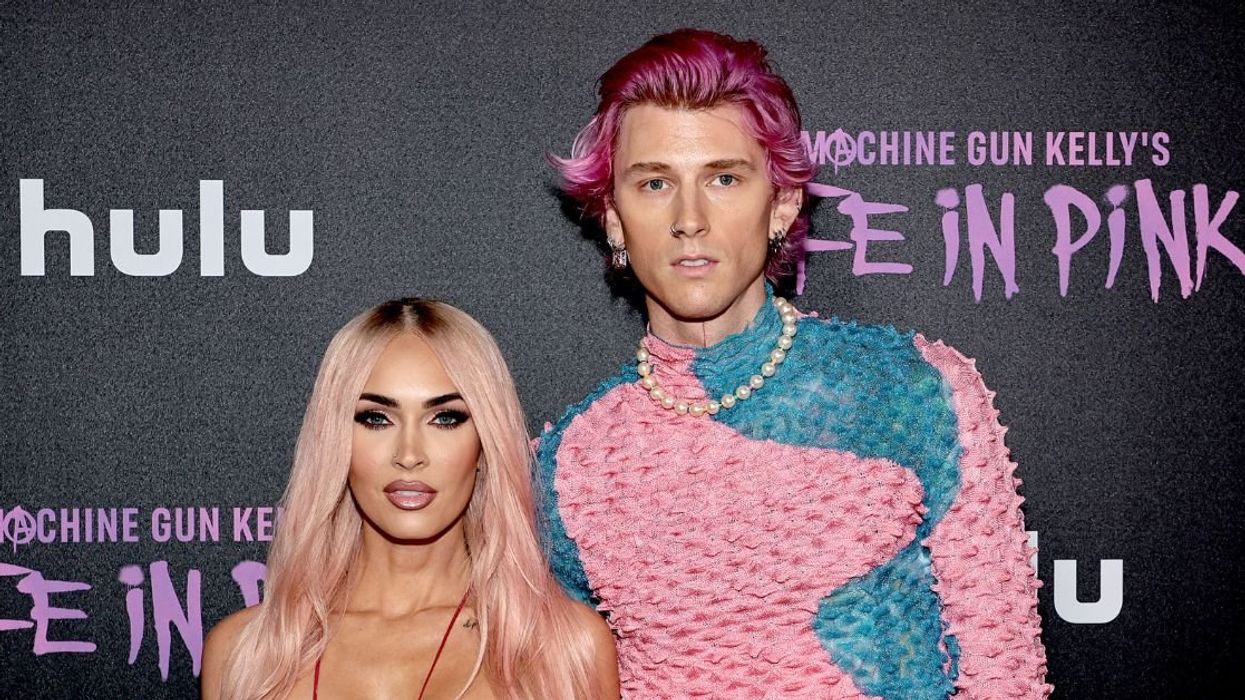

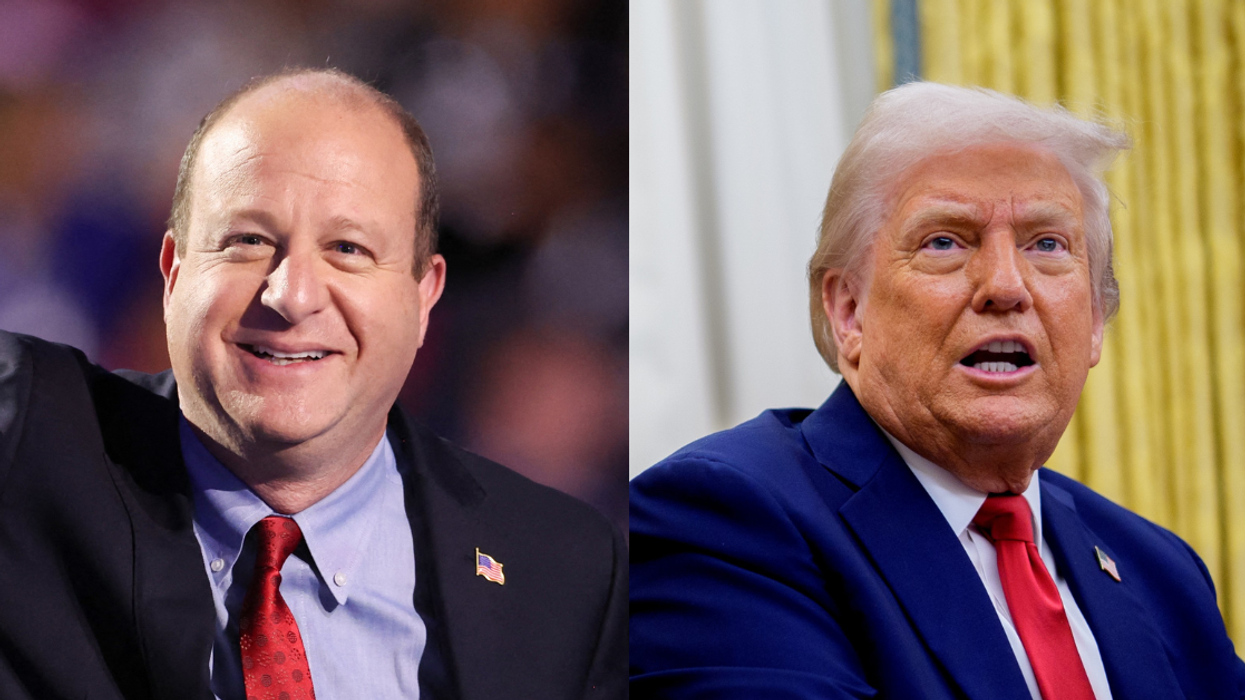




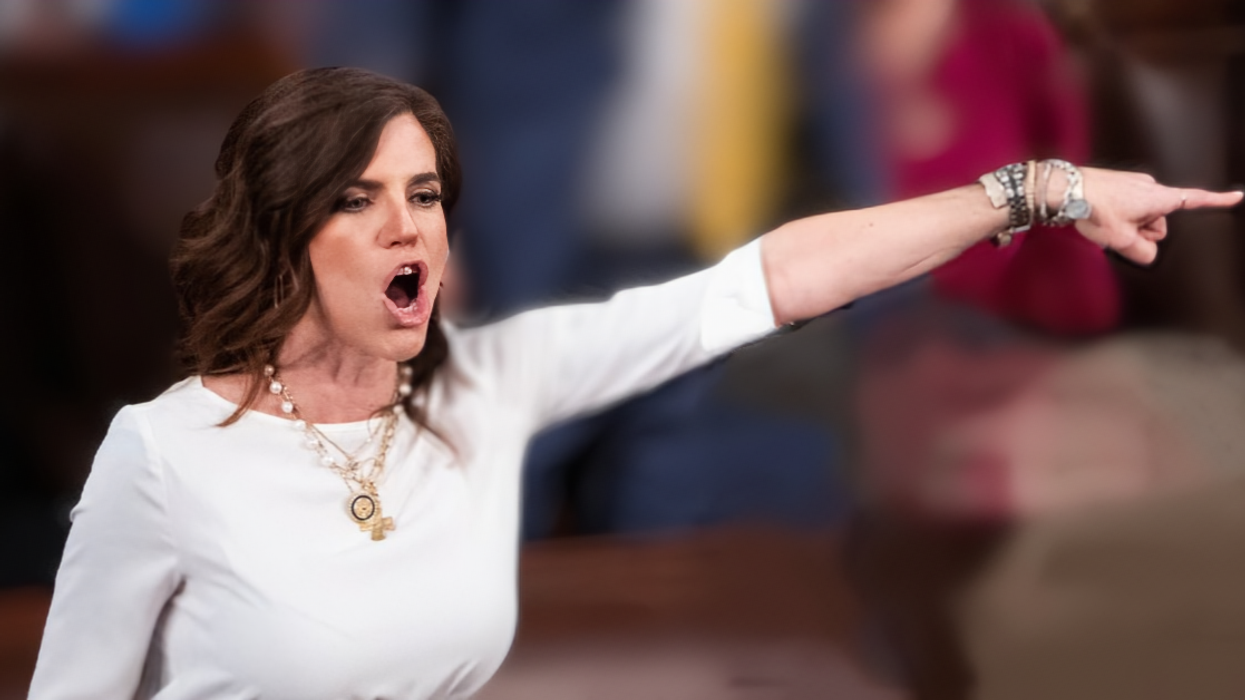
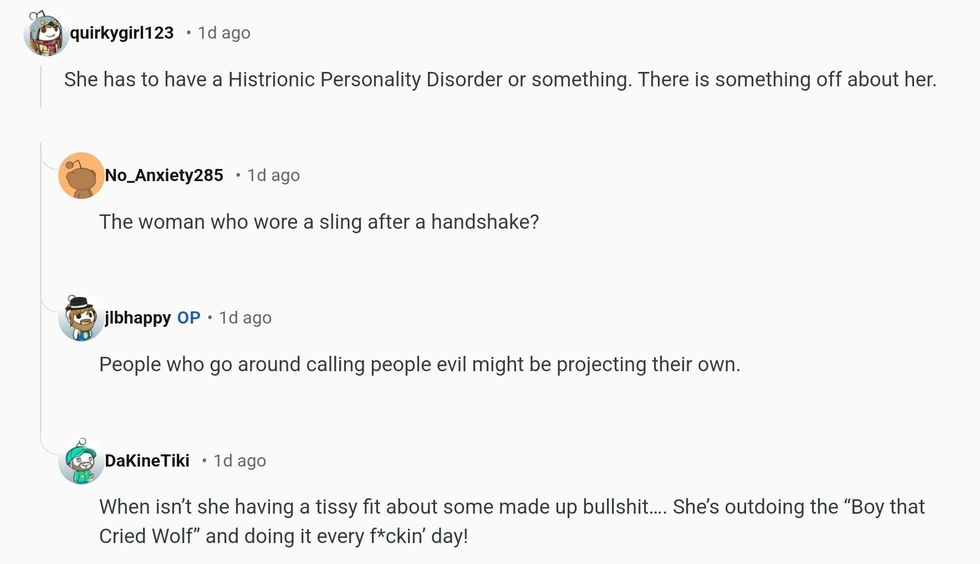 rPolitics/Reddit
rPolitics/Reddit @leftynavyseal/Bluesky
@leftynavyseal/Bluesky rPolitics/Reddit
rPolitics/Reddit @skippyoz/Bluesky
@skippyoz/Bluesky rPolitics/Reddit
rPolitics/Reddit rPolitics/Reddit
rPolitics/Reddit rPolitics/Reddit
rPolitics/Reddit
 jordi baste robot GIF by No pot ser! TV3
jordi baste robot GIF by No pot ser! TV3 sing schitts creek GIF by CBC
sing schitts creek GIF by CBC Well Done Ok GIF by funk
Well Done Ok GIF by funk Two Face Ernst GIF by ZWEIMANN
Two Face Ernst GIF by ZWEIMANN
